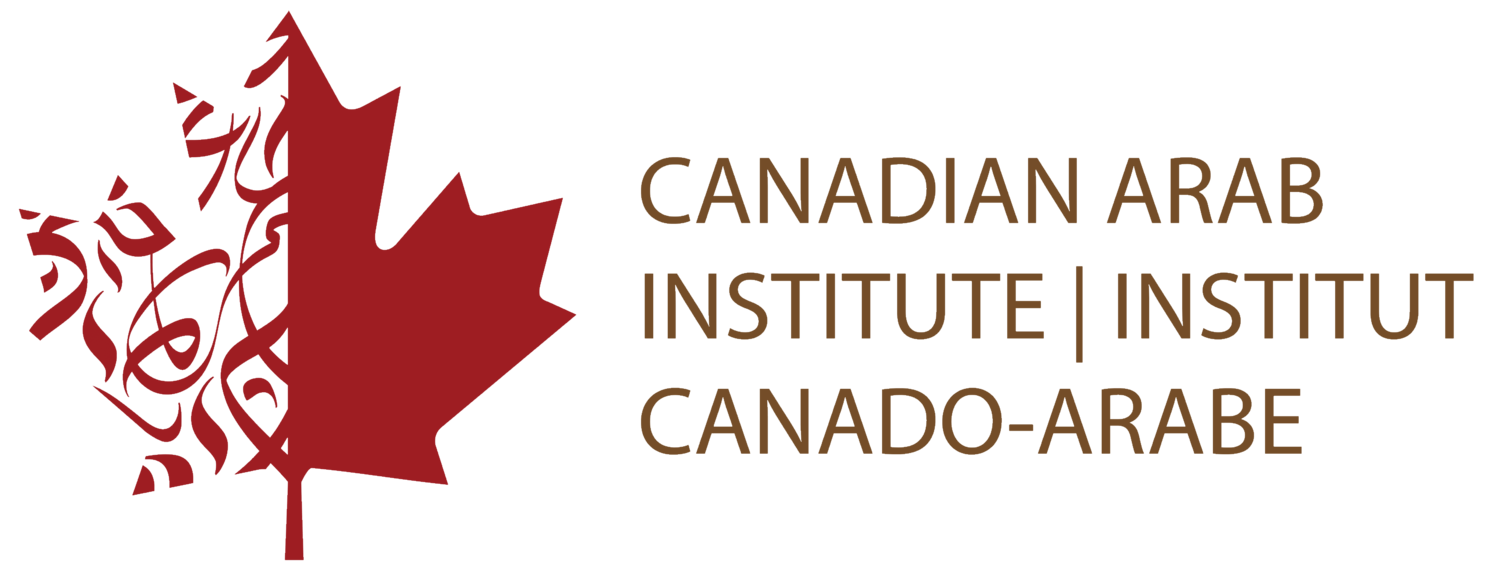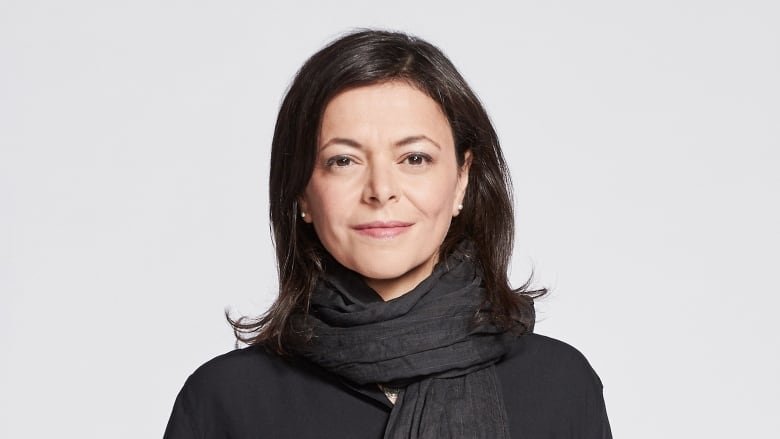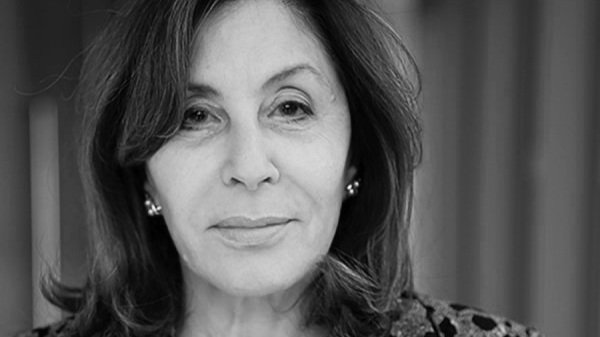WELCOME TO THE KNOWLEDGE HUB
Have you ever wondered what Arab culture is? Who is considered an Arab? What are the myths that Arabs are facing? This Knowledge Hub answers all those questions and more, generously funded by the Government of Canada.
CELEBRATING ARAB HERITAGE MONTH
〰️
check it out
〰️
CELEBRATING ARAB HERITAGE MONTH 〰️ check it out 〰️
cultures & traditions
There are several shared historical experiences as well as cultural and linguistic similarities (some of which are explored below) that unite the 23 countries identified as constituting the Arab world. However, it is important to recognize that this region is incredibly diverse and not at all homogenous. This guide is dedicated to exploring some of the cultural similarities as well as cultural diversity that exists across the Arab world.
TIMELINE HISTORY
Immigration from the Arab world to the Americas began in the 1860s. Migrants would usually first arrive in New York by boat, before spreading into the region. The first known Arab migrant, Ibrahim Bounader, left his hometown of Zahleh, Lebanon at the age of 19 and apparently transited through the United States before eventually settling in Montreal in 1882. The traditions and rich history stem from there. This is just a start!
FAMOUS ARABS
The accomplishments of the Arab Canadian population are as diverse as the Arab community. Arab Canadians have distinguished themselves in entertainment, sports, media, academics, and more.
Myths
From the oppressed woman to the angry Arab: the myths that Arabs face in Canada
WE’D LOVE TO HEAR FROM YOU!
Please take a quick survey to let us know the value of our Arab Knowledge Hub and how you will use the information learned here.
Your time and feedback are much appreciated!
















